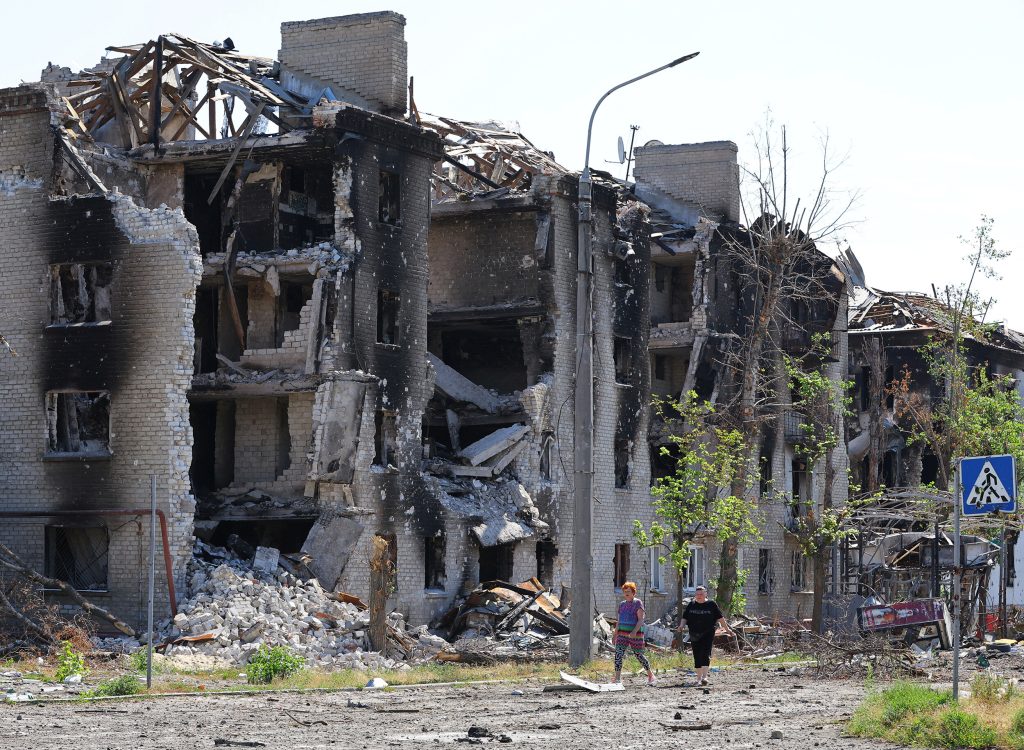Deep in the eastern Ukrainian forest, this group of volunteers waits as Russia’s military creeps closer

“Of course they are coming,” Maxym says. “There are far more of them than us.”They’re dug deep into this dense eastern Ukrainian forest, not far from Slovyansk, and are part of Ukraine’s territorial defense — non-professional soldiers, most of whom signed up in the opening days of Russia’s February invasion.So far, they have avoided contact with the enemy, whiling away the days beneath camouflage nets, next to giant pyramids of bottled water. But every moment of every day they live with the thud of artillery. Their wooded encampment is regularly showered with cluster munitions. Soon after CNN’s visit, a cluster strike heavily wounded some of the soldiers.And though they’re well supplied with the anti-tank weapons that proved so decisive in holding back Russia’s initial incursion, those are not the weapons they need at this phase of the war.”You can hear it,” says Maxym’s comrade, Mykhailo, as heavy weapons thunder in the distance. Like others in this story, he asked to use only his first name out of privacy concerns.”For every one of our heavy shots, they make 10 or 20. It’s because we lack artillery.”Donbas is where the conflict with Russia started in 2014. And after Ukraine routed Russia’s attempt to decapitate the government in Kyiv earlier this year, Donbas is once again the center of the war.Their enemy is advancing, albeit slowly. Further east, Russian forces captured the industrial city of Severodonetsk, and appear close to encircling Ukraine’s forces in neighboring Lysychansk.That puts pressure on Ukraine’s most important remaining population centers in the Donbas — Bakhmut, Slovyansk and especially Kramatorsk. The territorial defense unit is just one in a network of corks that the Ukrainian military is using to plug gaps in its defense.If and when they do have direct contact with the enemy, it will mean artillery has failed to hold back the Russian advance, and Slovyansk is in real danger.Mykhailo peers over the edge of a trench to show why his unit has been placed here. He motions to the road. “If a convoy comes,” he says, “our task is to stop it.””We didn’t harm anyone,” she says with agony. “We are just simple people. My husband has been an ambulance worker for 45 years, saving lives.”It’s mostly older people left on this street. Many sons and daughters have long since left, unable to convince their parents to join them.”We don’t have gas, we don’t have power, we don’t have water. But we only want the shooting to stop.”Back in the forest, waiting for Russia’s troops, Maxym says he thinks often of his pregnant wife, back in their home city of Kharkiv, and their unborn son.”We will kick them out of here, and he will know it: that we didn’t just stand here doing nothing. It’s our land, and they have no right to come here.”







